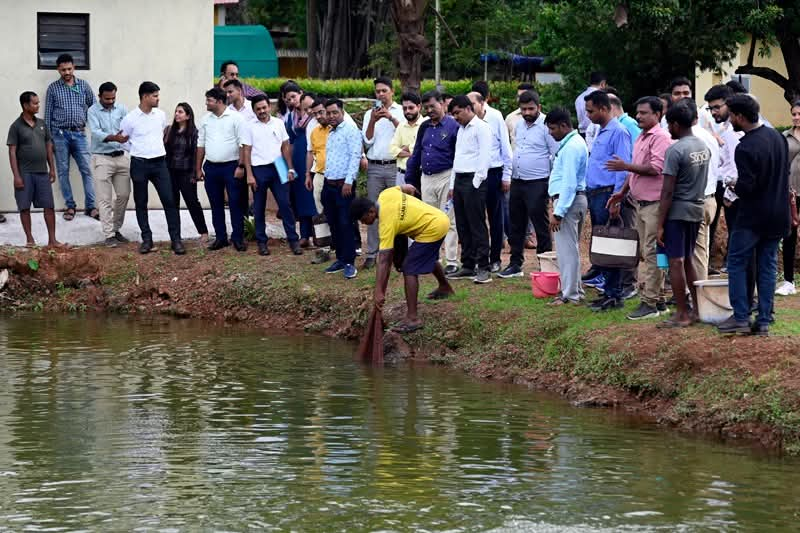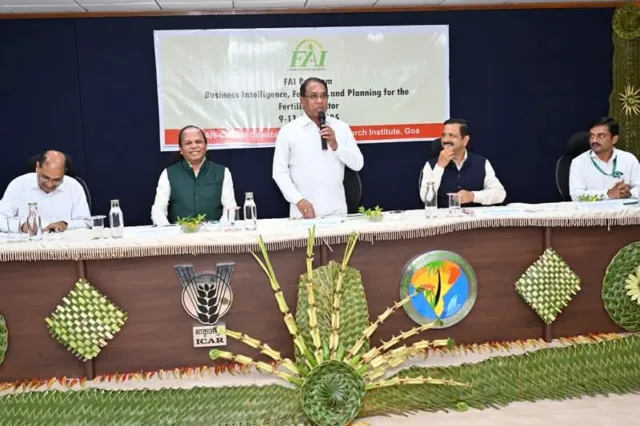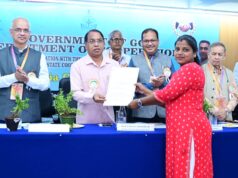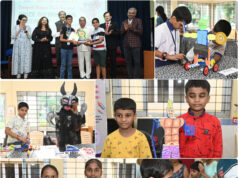The Fertilizer Association of India (FAI), in collaboration with ICAR-Central Coastal Agricultural Research Institute (CCARI), Goa, organised a specialised program on “Business Intelligence, Forecasts and Planning for the Fertilizer Sector” from 9th to 11th June 2025. The program brought together 46 participants from leading private fertilizer companies, including IFFCO, Coromandel, NFL, MFCL, MFL, OCP, CFCL, GNFC, PPL, RCF Ltd., and Mahadhan Agritech.
Minister of Water Resources and Development, Government of Goa – Subhash Shirodkar inaugurated the event. Dr. Suresh Kumar Chaudhari, Director General, FAI, Dr. Parveen Kumar, Director, ICAR-CCARI, also graced the occasion.
The training programme focussed on several emerging and critical themes relevant to the fertilizer industry, aiming to equip the participants with updated knowledge and strategic insights. Key topics included fertilizer policy frameworks and their implications for the sector, advanced business intelligence and market research methodologies, and the use of specialised market intelligence tools tailored to fertilizer markets.
The programme also addressed the growing influence of weather forecasting and climate change on fertilizer demand, highlighting the need for adaptive strategies. Participants were introduced to cutting-edge innovations in nano-fertilizers and smart nutrient management technologies, alongside comprehensive strategies for enhancing soil health through integrated nutrient management approaches.
This capacity-building initiative aimed to enhance the analytical and strategic planning capabilities of stakeholders in the fertilizer sector, with a strong emphasis on innovation, sustainability, business analytics, and preparedness in the face of changing climatic and market conditions.

A field visit to various experimental units and facilities of ICAR-CCARI was organized as part of the training programme to showcase the institute’s technologies. During the visit, trainees were exposed to key initiatives including water harvesting systems, natural farming practices, freshwater aquaculture units, the Livestock Waste Valorization System, livestock production units, and the fodder cafeteria.






